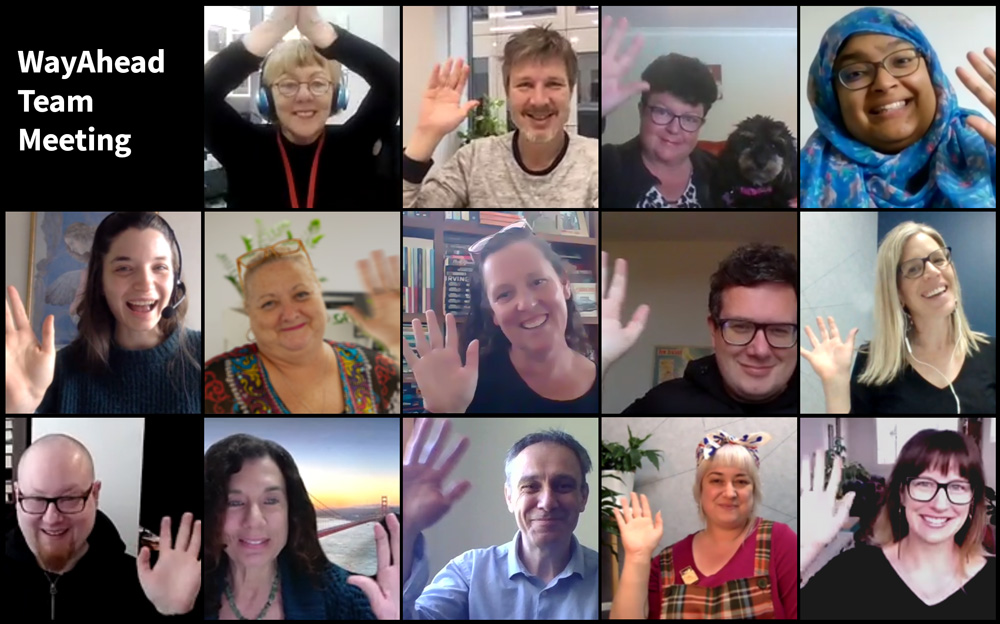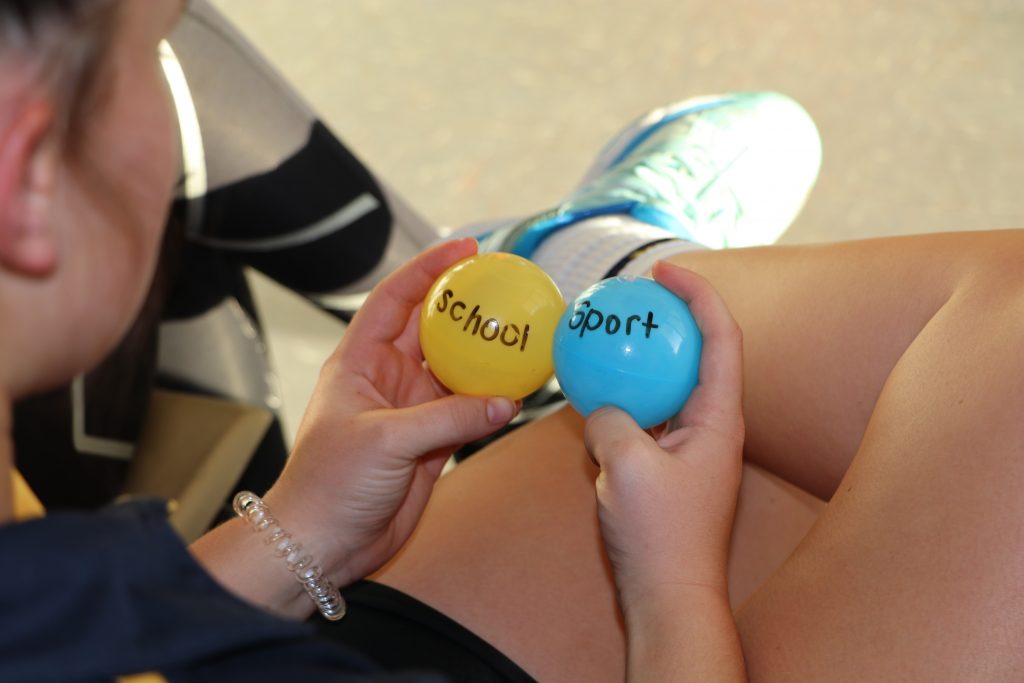
“Mum, can you come to school and tell the kids and the teachers what it’s like to live in a family where someone has a mental illness? Now the kids have learnt my sister has schizophrenia, they won’t play with me. Their mums say it might be catching…”
Such were the words that triggered a school education program about living with mental illness, trialled in late 1987 under the auspices of the Association of Relatives and
Friends of the Mentally Ill (ARAFMI) and operating in Canberra as Mental Illness Education ACT (MIEACT) since 1993.
MIEACT is now a successful medium-sized Not For Profit organisation that has been promoting mental health and well-being in Canberra high schools and colleges through the lived experience of its volunteers for 25 years.
From its very inception MIEACT’s foundation program, the School Education Program (SEP), has attracted support at the highest level, with then ACT Chief Minister Kate Carnell sharing her story of anorexia to students in 1998.
MIEACT has grown its educational programs to include additional specific classroom training in stress management, positive body image for boys and girls, and is preparing to launch its latest program on bullying prevention later this year.
MIEACT also delivers mental health training for adults through workplaces and community groups.
“We share lived experience through all our programs,” Executive Officer Heidi Prowse said.

“There is research that shows having direct positive contact with someone living with a mental illness, or someone caring for a person who is mentally unwell, really does make an impact in the classroom,” she said.“For young people, listening to people’s stories is something they remember well beyond their graduation day. We make sure that our stories are really relevant and connecting with every person in the room.”
The Australian Research Alliance for Children and Youth (ARACY) report card 2018, published earlier this month, found rising levels of high or very high psychological distress among those aged 18-24 years and suicide rates among those aged 15-25. Of particular concern, 15.3 per cent of those aged 15-19 years were very or extremely concerned about bullying.
MIEACT’s Bullying Prevention Program aims to address some of these concerns by offering support and education to people practising bullying behaviour, victims and bystanders early.
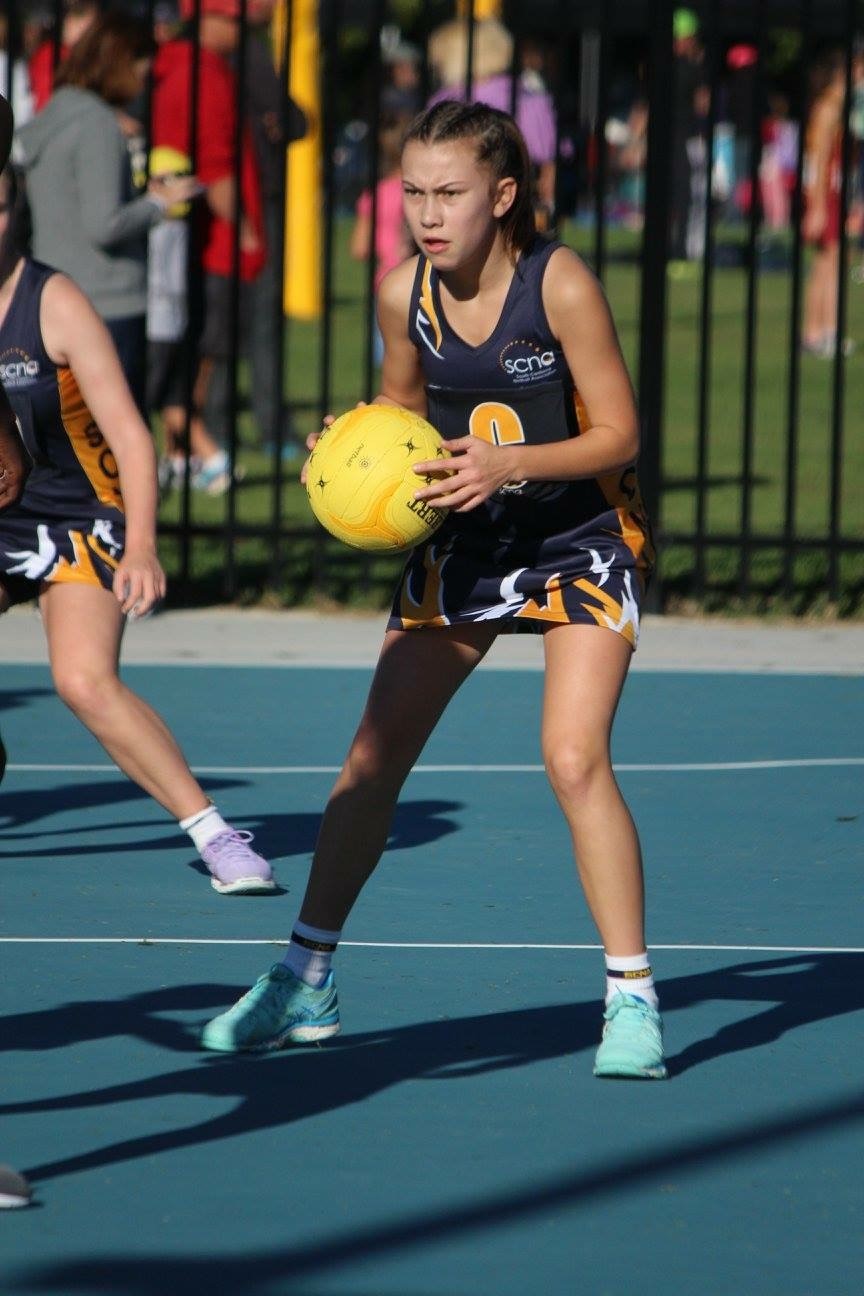
“Bullying is something that we are now recognising as a community that is very significant. We plan to launch in Term 2 this year because we know it is essential to be able to support our young people in understanding bullying behaviour.
“This means not just recognising instances of bullying and learning the tools to be able to manage bullying behaviour directed at you and others, but also teaching students and young people not to permanently label peers as “bullies”, and to see it as a temporary pattern of bullying behaviour; something that can be worked on and changed.”
MIEACT’s Stress Better program encourages students in Years 11-12 to learn the difference between worry, stress and anxiety and teaches children how to manage all three before they develop into significant mental illnesses.
MIEACT is currently taking bookings for SEP, delivered into Canberra schools for free and into surrounding NSW schools for a nominal fee. You can also book a Stress Better workshop or register your interest in the Bullying Prevention Program by calling (02) 6257 1195.
To learn more about MIEACT’s programs visit www.mieact.org.au
Kathy Brine,
Communications, Promotion and Design
Comms.team@mieact.org.au
(02) 6257 1195
Back to most recent edition

